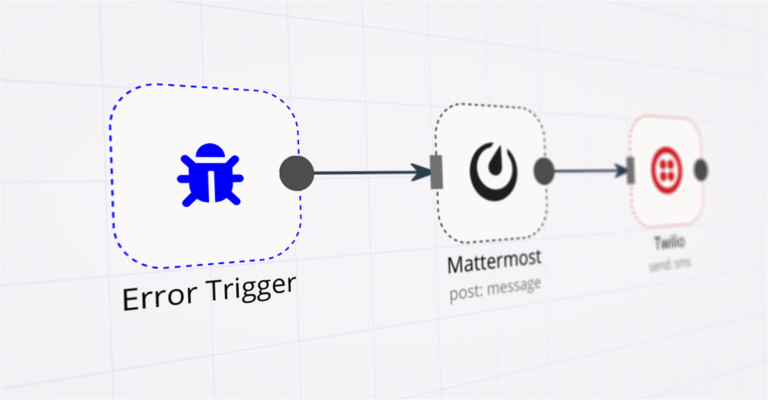
Generative AI, also known as generative adversarial networks (GANs), has gained significant attention in the technology world in recent years. This revolutionary technology has the ability to create new and original content, such as images, audio, and text, by learning from existing data. While the potential applications of generative AI are vast and promising, its ethical considerations and implications have sparked debates and raised concerns among experts and the public.
One of the primary ethical concerns surrounding generative AI is the potential for misuse and abuse. As GANs can create hyper-realistic fake content, such as deepfake videos or fake news articles, there are fears that this technology could be used to manipulate public opinion, spread misinformation, and cause harm. This raises questions about the responsibility of technology developers and the need for regulations to prevent the misuse of generative AI.
Another ethical consideration is the issue of privacy and consent. Generative AI relies on large datasets to learn and create new content, and this often involves using personal data without the individual’s consent. There is a need to establish clear guidelines on how personal data can be used in generative AI research and applications, and to ensure that the privacy rights of individuals are respected.
Moreover, generative AI raises questions about the ownership and authenticity of the content it creates. Who owns the rights to the content generated by a GAN? How can we verify the authenticity of content created by this technology? These questions are particularly relevant in the context of creative industries, such as art and music, where generative AI has the potential to disrupt traditional copyright laws and the concept of originality.
Furthermore, there is the issue of bias and fairness in generative AI. As GANs learn from existing datasets, they can inherit and perpetuate biases present in the data, leading to the creation of biased or discriminatory content. It is crucial to address this issue and develop methods to mitigate bias in generative AI to ensure fair and equitable outcomes.
The implications of generative AI are vast and have the potential to impact various aspects of society, including art, media, entertainment, and more. It is essential to explore these implications in depth and consider the effects of this technology on culture, creativity, and the economy. For instance, generative AI has the potential to revolutionize the creative process, enabling artists and creators to explore new possibilities and push the boundaries of their work. On the other hand, there are concerns about the potential displacement of human creativity and the implications for the job market.
In conclusion, generative AI holds great promise in terms of its technological advancements and potential applications, but it also raises important ethical considerations and implications that need to be carefully addressed. It is crucial for stakeholders, including technology developers, policymakers, and the public, to engage in meaningful discussions and collaborations to ensure that generative AI is developed and used in a responsible and ethical manner. By doing so, we can harness the benefits of this technology while mitigating its potential risks and drawbacks.





